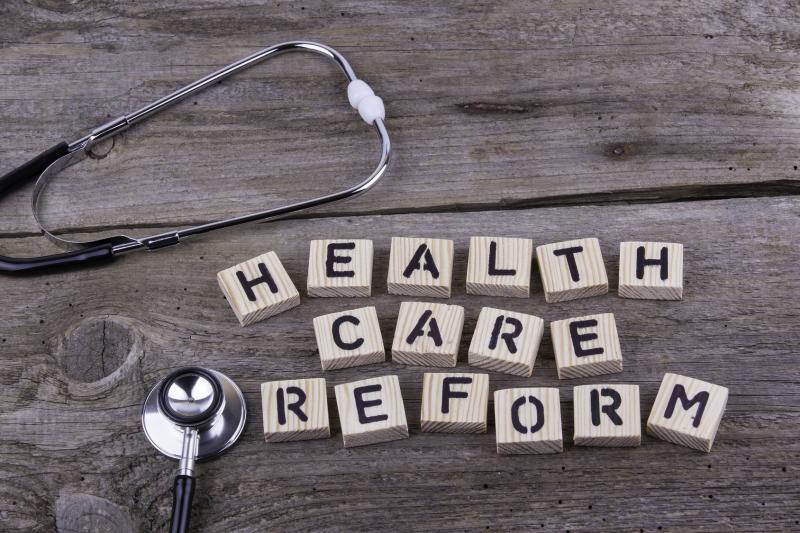Ideally, everyone should have a health insurance in the Philippines. Although the country’s medical facilities are on par with the rest of the world, access to healthcare is still difficult for some Filipinos. In 2016, the government-run Philippine Health Insurance Corporation (PhilHealth), fell nine percent short of ensuring universal healthcare coverage among Filipinos.
Although PhilHealth can mitigate the cost of healthcare in the Philippines, those who prefer better coverage with a wider network of healthcare providers should know that you have options out there to save you from the high cost of getting healthcare in the country. Read the information below to be well informed.
Universal Coverage HEALTH INSURANCE

The Philippines has a form of public health insurance coverage through PhilHealth, a government-owned corporation that ensures every Filipino can get hospital services on a budget. Under the National Health Insurance Program, the mandate that paved the way to the creation of PhilHealth, citizens who have the financial means must shoulder the healthcare benefits of those who can’t, who are more commonly known as indigent members. These indigent members make up one-third of the total covered members by the national healthcare program.
Funding for universal healthcare in the Philippines is collected through monthly contributions. Formally employed members have their PhilHealth contributions deducted from their salaries, while self-employed individuals and entrepreneurs must remit their payments themselves. The amount of contribution you must pay is based on an income-based schedule; the higher your income is, the bigger amount you must pay.
PhilHealth member benefits can range for a wide variety of medical services. Aside from a subsidy in hospitalization fees, beneficiaries can also use their PhilHealth membership to dampen the cost of the most common medical services in the country such as surgeries, radiotherapy, hemodialysis, blood transfusion, and so much more. Services for special medical conditions, which are classified under PhilHealth’s Z package, are also covered. PhilHealth Z benefits packages are available for cases such as acute lymphocytic/lymphoblastic leukemia, breast cancer, prostate cancer, kidney transplant, and other life-threatening conditions.
Private Health Insurance

Although the coverage of public health insurance in the Philippines is near universal, there are cases where PhilHealth subsidy is not enough. This is where private insurance comes in. Although it is not mandatory, getting private health insurance coverage can be useful since it has a bigger coverage and wider network of healthcare partners accepted.
Usually, a private health insurance coverage in the Philippines is one of the most sought-after employment benefits. Companies usually hand out health insurance cards to their regular employees, which have a wide range of accredited medical establishments for a wide range of services other than hospitalization. For individuals who belong to the freelance or self-employed group, they can also apply for a health insurance by themselves to enjoy the same benefits.
Other medical services people can avail, but not limited to, are the following:
- Outpatient benefits
- Medical consultations
- Dental appointments
- Accidental death benefit
- Emergency care
Specialized Health Insurance Products
Comprehensive health insurance isn’t the only available product for those who are looking to mitigate their potential medical bills before they even happen. Depending on your needs, you can stay insured in the Philippines with the following products that do not fall under the private health insurance umbrella:
-
Travel Insurance

In some countries, getting a travel insurance is a must before you can even fly there or apply for a visa. Expats and short-term vacationists should consider getting a travel insurance to get reimbursements whenever they get hospitalized in the Philippines. It is wise to be ready in case of emergencies.
-
Dengue Insurance
Dengue fever is one of the most dreaded diseases in the country. It also cost families a lot of money aside from the medicines and hospital bills. To offset the medical costs, you can buy dengue insurance for you and your family. People insured by the dengue insurance can reimburse a certain amount of money after they get hospitalized.
-
Outpatient Care Insurance

Some health insurance providers not only have a lot of partner institution and professionals in the medical industry. Some of them also have their own clinics for pre-and post-care services as well as wellness programs. Interested parties can avail of these on whether on its own or as a bundle with comprehensive health insurance.



